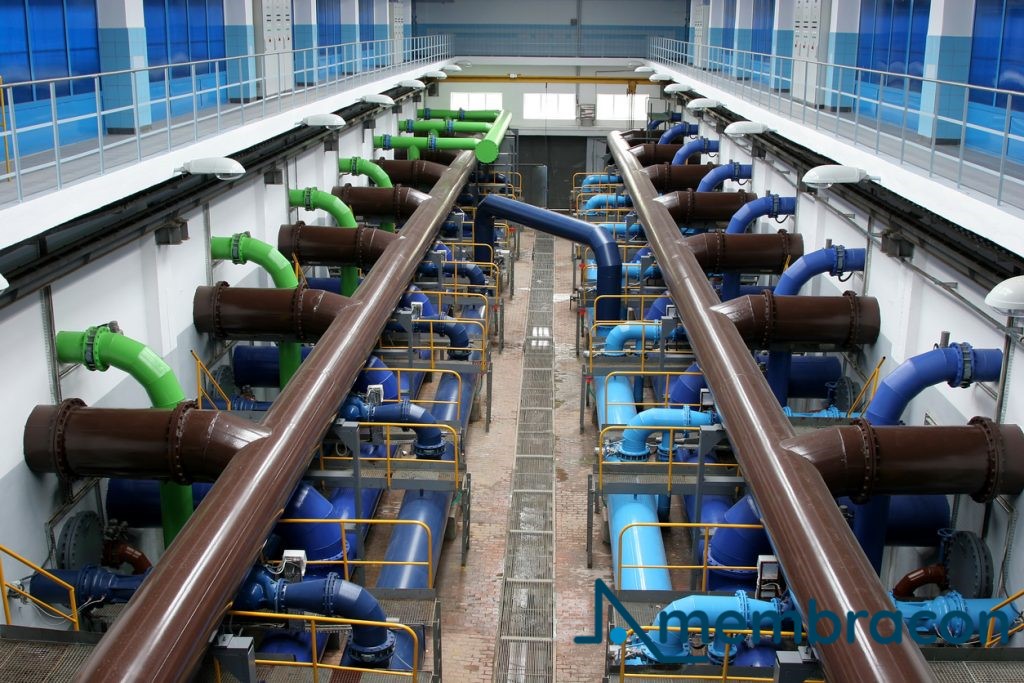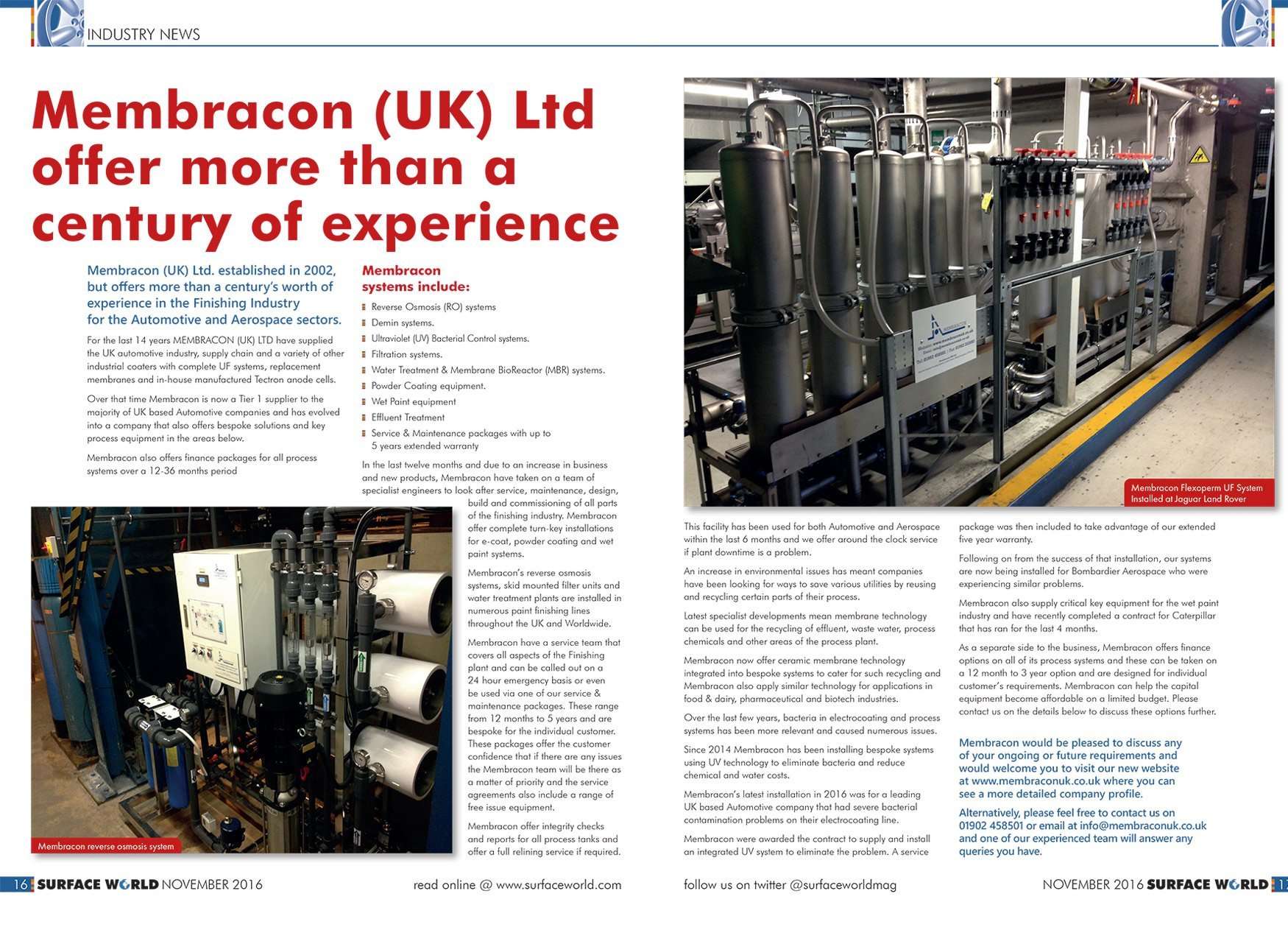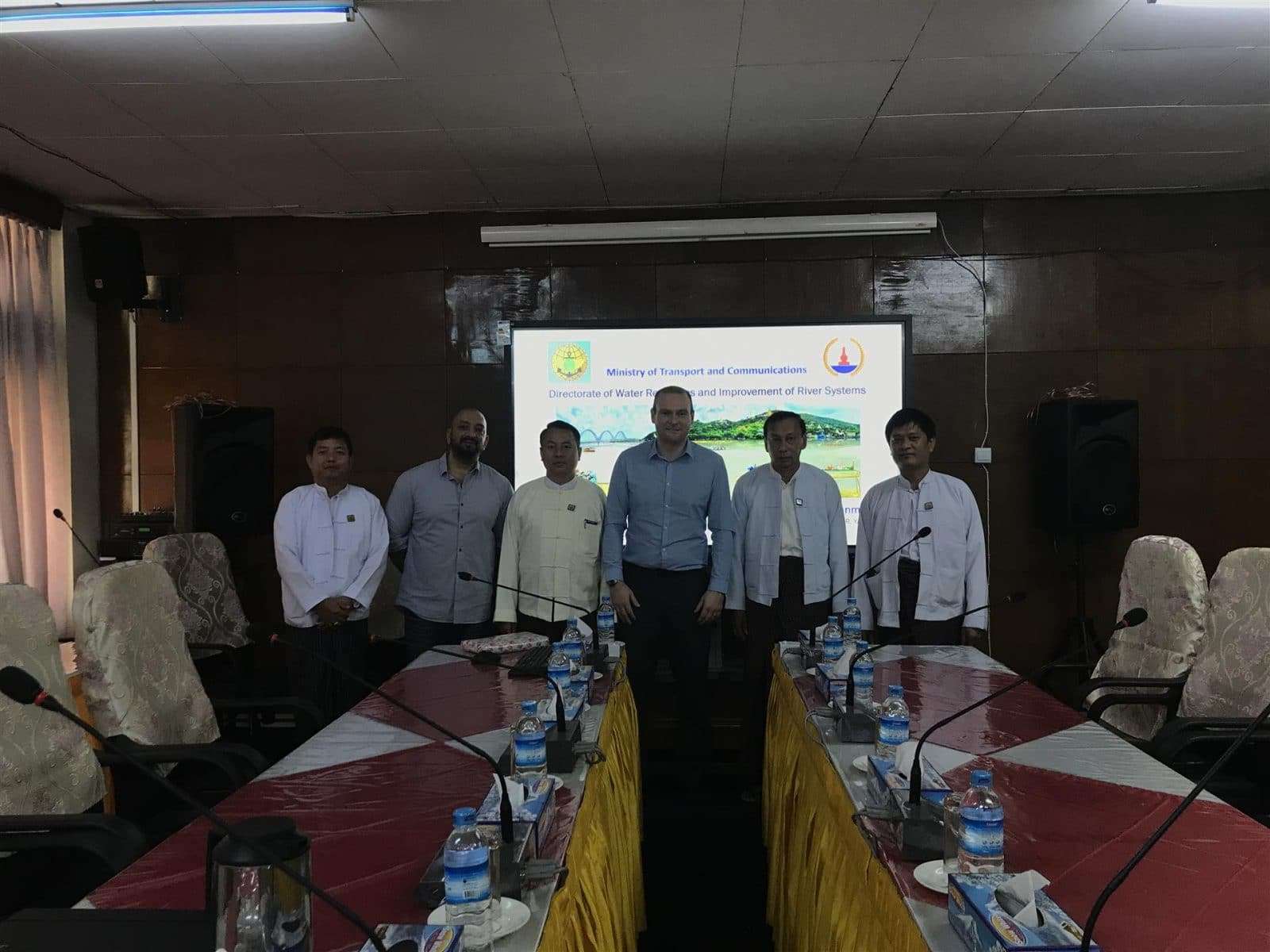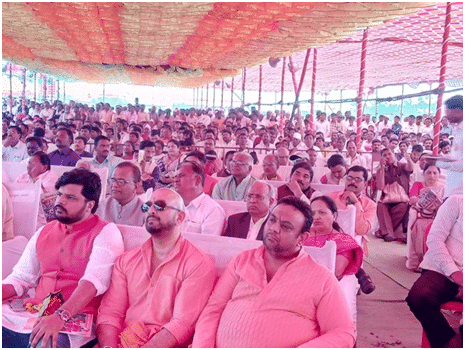
Tackling Water Scarcity in the Industrial Sector: Five Practical Steps
In 2019, 29% of the EU experienced water scarcity, highlighting the growing challenge of water shortages across the continent. As water becomes an increasingly precious resource, it’s crucial for industries, which consume around 5-10% of the world’s fresh water, to find effective ways to reduce wastage. This is particularly important for industrial plant operators, who have a significant role to play in managing water usage. Here are five practical steps that can help industrial sites reduce their water consumption and contribute to a more sustainable future.
Conduct a Comprehensive Water Audit
The first step in reducing water consumption is to understand how much water your facility is using and where it’s being wasted. This can be achieved by carrying out a thorough audit of your industrial water treatment facility. A comprehensive water audit provides a detailed assessment of your current water use, identifying inefficiencies, operational problems, and outdated technologies that may be contributing to unnecessary water consumption.
By conducting an audit, you can uncover opportunities for implementing water-saving measures and set clear performance criteria to monitor progress over time. Regular audits foster a culture of continuous improvement, ensuring that water management practices evolve alongside technological advancements and environmental needs.
Implement Regular Monitoring and Maintenance
Once you have a clear understanding of your water usage, the next step is to ensure that your water treatment systems are operating efficiently. Regular monitoring, maintenance, and operation of water treatment facilities are essential for achieving water reduction targets. This includes routine activities such as leak detection, flow optimisation, metering, consumption monitoring, and equipment calibration.
By staying on top of these maintenance tasks, you can minimise water wastage and maximise the efficiency of your treatment process. Ensuring that your plant operates at optimum efficiency allows you to treat and reuse water more effectively, thereby reducing your dependence on freshwater sources.
Focusing on daily or scheduled maintenance not only conserves valuable resources but also helps industrial plants achieve their long-term sustainability goals. Regular upkeep prevents small issues from escalating into larger problems, ensuring that water management systems remain reliable and efficient.
Leverage Digital Monitoring Systems
Digital and analytical monitoring systems have revolutionised the way water treatment plants operate. These systems provide real-time insights into the performance of your water treatment facilities, enabling quicker identification and resolution of issues such as leaks or equipment malfunctions.
Recycle and Reuse Wastewater
One of the most effective ways to reduce water consumption in industrial settings is by recycling and reusing wastewater. By adapting existing facilities and incorporating new technologies, industries can treat and repurpose wastewater for various non-potable applications within the plant. This approach not only conserves fresh water but also reduces the environmental impact of industrial operations.
Advanced treatment systems, such as biological treatment, membrane filtration, and disinfection processes, can remove contaminants and impurities from wastewater, making it suitable for reuse in applications like cooling towers, boiler make-up water, floor cleaning, and irrigation. By reusing treated wastewater, industrial sites can significantly reduce their reliance on fresh water, contributing to the conservation of this vital resource.
Recycling wastewater is a sustainable practice that aligns with global efforts to manage water resources more effectively. It allows industries to meet their water needs without depleting natural sources, supporting long-term environmental and operational sustainability.












